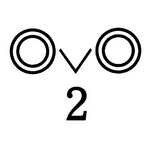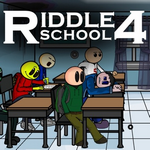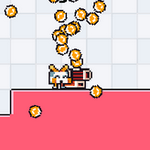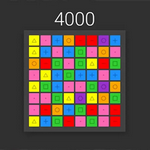
2048 hacked Unblocked
## 2048: The Hack That Turned a Puzzle into a Playground
2048, the simple yet addictive tile-merging game, captivated millions worldwide. But for some, the thrill of the challenge paled in comparison to the allure of a quick win. This is where the "hacks" came in, taking the joy out of the game and replacing it with a sense of artificial victory.
How Did It Happen?
The most common "hack" involved manipulating the game's code to control the direction of the next tile spawn. This effectively removed the element of chance, allowing players to strategically merge tiles and reach the coveted 2048 tile with ease. Other hacks included altering the game's scoring system or unlocking unlimited moves, completely trivializing the game's intended difficulty.
The Downside of Easy Wins
While these hacks offered immediate gratification, they ultimately devalued the core experience of 2048. The game's beauty lies in its elegant simplicity and the sense of accomplishment that comes with overcoming the increasing difficulty. By circumventing the natural progression of the game, these hacks stripped away the challenge and the satisfaction of achieving a high score through skill and strategy.
A Question of Ethics
The use of these hacks sparked ethical debates. Some argued that they were harmless, a way to enjoy the game's mechanics without the frustration of losing. Others, however, condemned them as a betrayal of the game's spirit, arguing that they undermined the core principles of fair play and earned achievement.
Beyond the Hacks
Despite the controversy, the hacks served as a reminder of the enduring appeal of 2048. Its simple gameplay, easy accessibility, and addictive nature continue to attract players. While the hacks may have taken some of the joy out of the game for some, they also showcased the game's potential for manipulation and its vulnerability to exploitation.
The Legacy of 2048
The 2048 "hack" serves as a cautionary tale for the future of gaming. As games become increasingly complex and interconnected, ethical dilemmas surrounding game manipulation and cheating will only become more prevalent. The question of whether to embrace or resist such hacks will continue to be a source of debate, reminding us that even the simplest of games can spark complex ethical discussions.













































